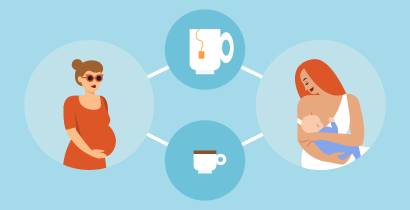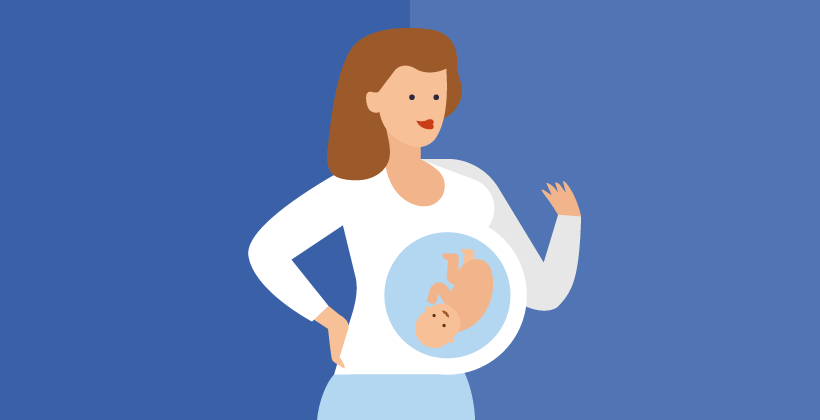Pregnancy

A healthful diet is important both in preparation for pregnancy and during pregnancy. Pregnancy is a time where nutritional requirements are increased due to the demands of the growing baby. A healthy diet and lifestyle are particularly important for a healthy pregnancy as they affect both mother’s and baby's health.
Is caffeine good or bad for pregnancy and breastfeeding?
31 July 2024If you are pregnant or breastfeeding you might need to reduce caffeine intake. This article explores the safety of caffeine when pregnant or breastfeeding.
Healthy pregnancy: what foods to eat when pregnant
01 August 2021A balanced and nutritious diet is essential for good health, and even more so during pregnancy. Find out what you should eat for a healthy pregnancy.
Healthy pregnancy: foods to avoid when pregnant
01 August 2021When you're pregnant, it is important to eat healthy. Know which foods to avoid and choose safe alternatives to ensure both your own and your baby’s health.
Healthy weight gain during pregnancy
01 August 2021It is normal and usually recommended to gain some weight during pregnancy. In this article, we explain how to stay healthy and keep the energy balance.
The benefits of breastfeeding for parents and baby
01 August 2021Breastmilk is the best form of nutrition for your baby. Here we explain the benefits of breastfeeding and information about alternative feeding methods.
A healthy way through pregnancy
04 February 2016Pregnancy is a time where nutritional requirements are increased due to the demands for the growing baby. A healthy diet and lifestyle are particularly important for a healthy pregnancy as they affect both mother’s and baby's health...
The rising concern of gestational diabetes
30 April 2015Gestational diabetes is a medical condition that occurs during pregnancy. It is rising in prevalence, fuelled mainly by increasing obesity rates and changing lifestyle patterns. Here we look at how this condition occurs, its health implications and how it can be prevented and treated.






